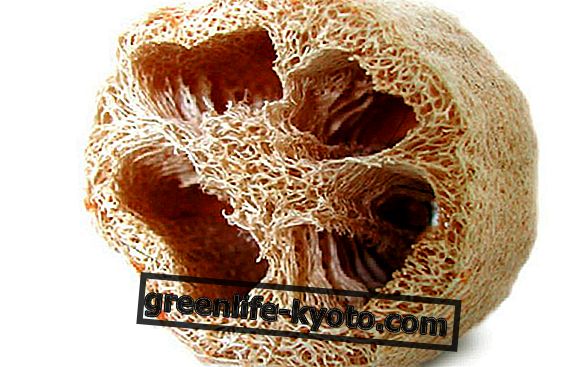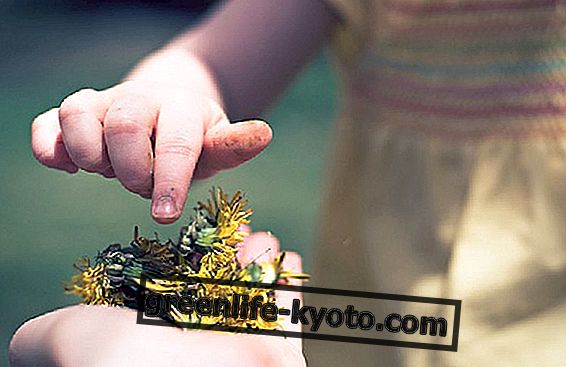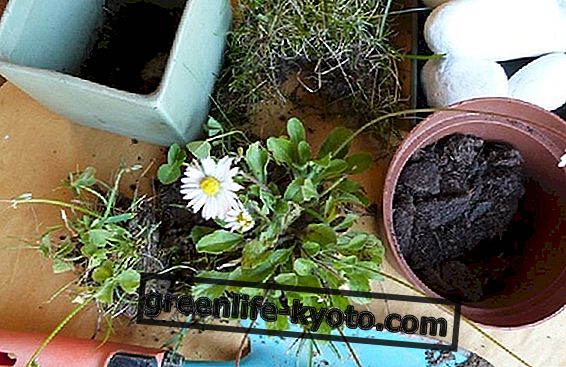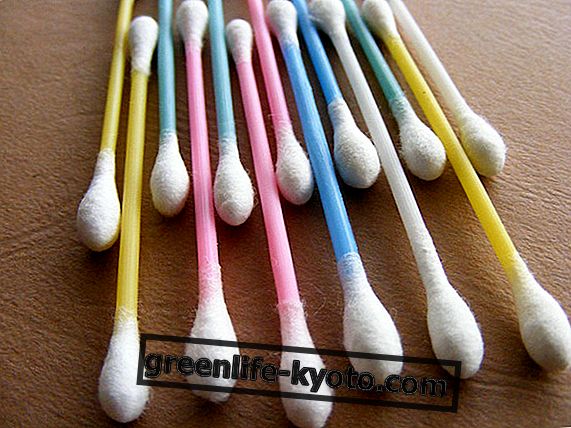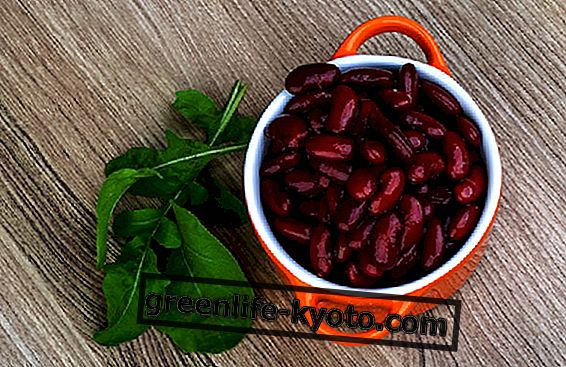
Several scientific studies have highlighted the importance of prolonged maternal breastfeeding as a protective factor against the development of celiac disease .
For example, according to a study published in December 2012 on BMC Pediatrics, the risk of celiac disease would be greater in children whose gluten is introduced into the diet after stopping breastfeeding.
In reality, however, scientific evidence does not all agree in attributing the ability to prevent celiac disease to breastfeeding. A research published in October 2014 in the New England Journal of Medicine states, in fact, exactly the opposite, namely that breastfeeding does not provide any protection against the development of gluten intolerance.
The importance of breastfeeding
While waiting for scientific research to give us a definite answer to this question, let us remember that, regardless of the ability to protect against celiac disease, breastfeeding has many benefits for the child:
- It is, according to all the guidelines on child nutrition, the perfect food for the health and development of the newborn.
- It is easily digestible .
- It is a protective factor against infections . Infants breastfed are, in fact, less exposed to the risk of developing urinary, gastrointestinal and respiratory infections, as breast milk helps to strengthen the immune system .
- Strengthens the emotional bond between mother and child, thanks to the physical and emotional closeness that entails.
- According to various scientific hypotheses, breast milk could also strengthen the intestine walls.
According to national and international guidelines on child nutrition, breast milk should be offered, as the only food, to children up to 6 months of age, when the weaning phase begins.
Breastfeeding, again according to the guidelines, can be continued throughout the first year of age and possibly also in the second year. It can also be continued after the second year, if the mother and child wish it.
False myths and truths about breastfeeding
Are there dietary rules that protect against celiac disease?
A few years ago the concept of window-period was introduced, according to which the risk of celiac disease would be lower by introducing gluten into the child's diet between 4 and 6 months; in common practice, gluten is actually introduced into the diet around 6 months, when weaning usually begins.
The concept of the window-period was however questioned by a study published in October 2014 (the same one cited previously), according to which the introduction of gluten at 12 months does not reduce or increase the risk of disease, but would delay it development in genetically predisposed children .
Further studies are therefore needed to evaluate the role of breastfeeding and other environmental factors that can protect from celiac disease or, on the contrary, promote the loss of tolerance to gluten, in the complex interaction with predisposing genetic factors.
